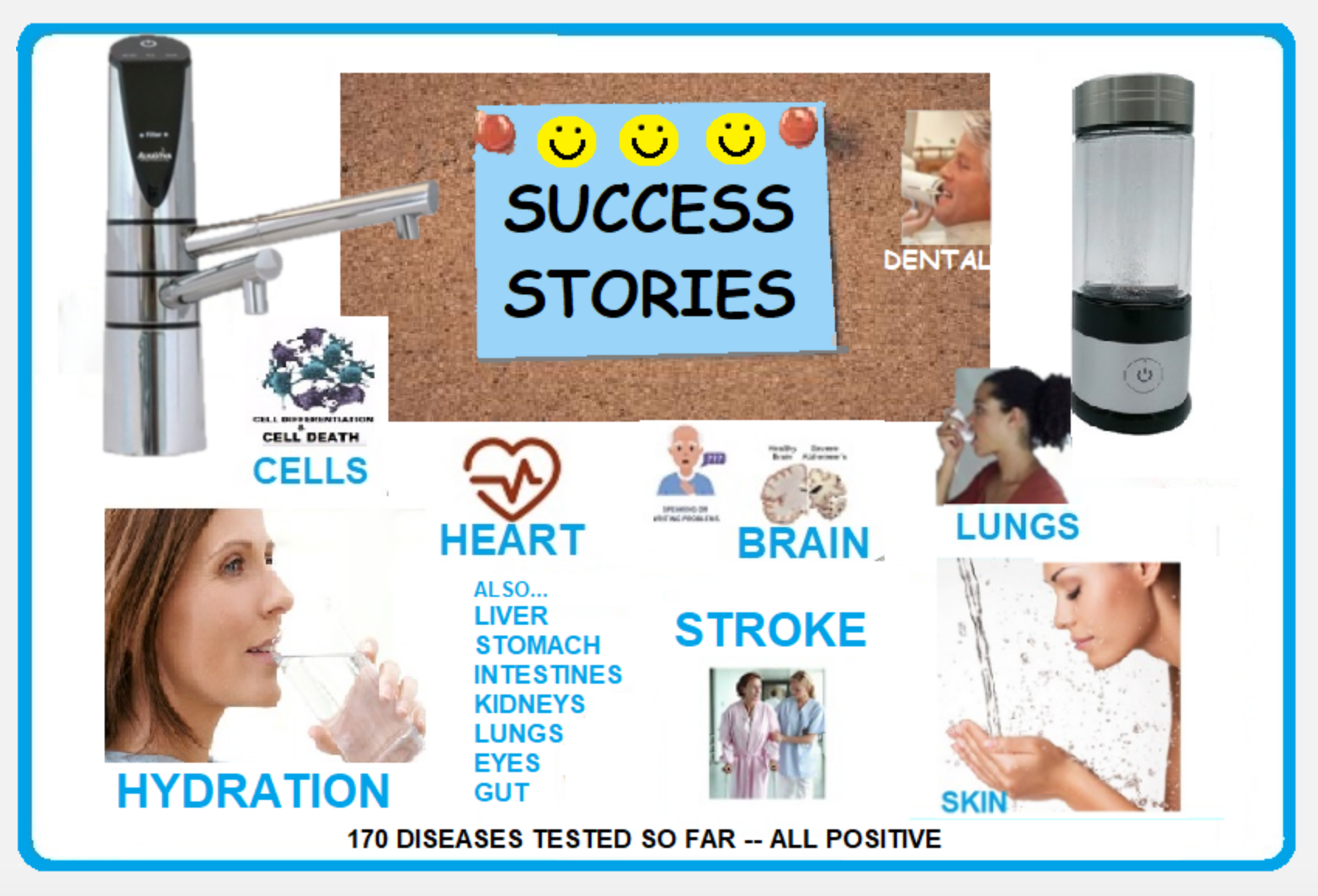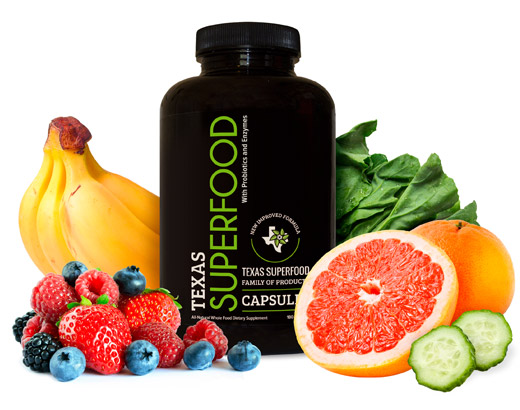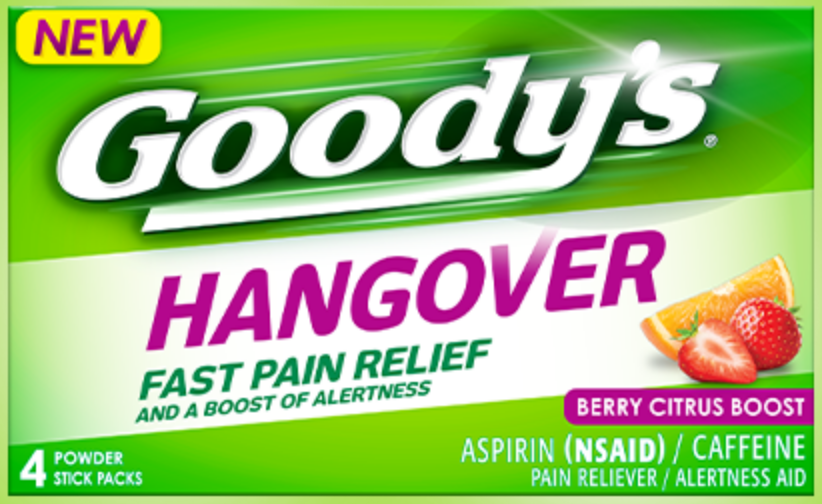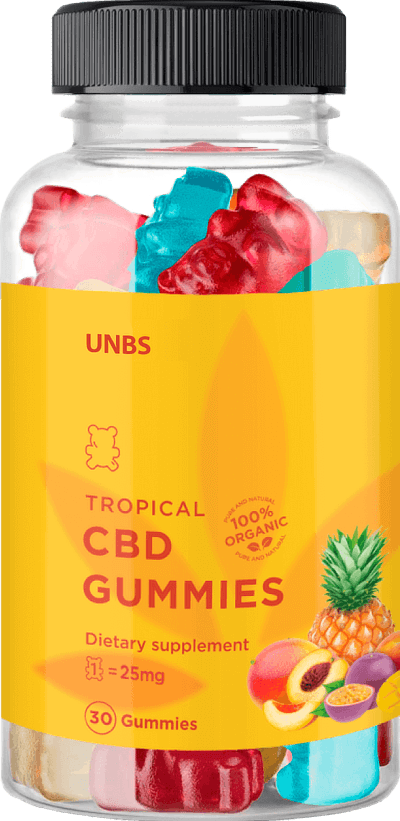
Alkaline Water Plus
Are there really any benefits to drinking alkaline water?
In a recent radio ad for supplement company Texas SuperFood, listeners were told that “one daily dose of Texas SuperFood delivers the healthy benefits of 55 fresh fruits and vegetables” (which makes Balance of Nature’s claim of just 10 fruits and veggies per pill seem like peanuts in comparison).
The ad features glowing testimonials from happy customers – one claims “since I’ve been on SuperFood, I haven’t been sick!” and another brags “I was off all my prescription medications in the first 30 days” of taking the supplement.
On Instagram, Texas SuperFood claims its supplements can stave off the flu. On its Facebook page, it extols the “amazing benefits” of its ingredients, like the camu camu berry, which it claims reduces the risk of male infertility, prevents cancer and diabetes, and soothes anxiety.
The problem? The company doesn’t have competent and reliable scientific evidence to support its disease treatment claims, nor does it have FDA approval, two things it needs in order to legally make these types of marketing claims.
As is the case for all supplements, marketing them as having the ability to treat, cure, alleviate the symptoms of, or prevent developing diseases and disorders is simply not permitted by law. If a supplement really could do all that, then it would be a drug subject to rigorous study and testing to gain FDA approval.
So before you toss your prescription medications, always remember to be wary of miracle health claims and do your research.
To read more of TINA.org’s coverage of supplements, click here.
Our Ad Alerts are not just about false and deceptive marketing issues, but may also be about ads that, although not necessarily deceptive, should be viewed with caution. Ad Alerts can also be about single issues and may not include a comprehensive list of all marketing issues relating to the brand discussed.
Are there really any benefits to drinking alkaline water?
What you need to know about this purported hangover remedy.
Spam email leads to a fake endorsement from Dr. Oz, among other celebrities.


